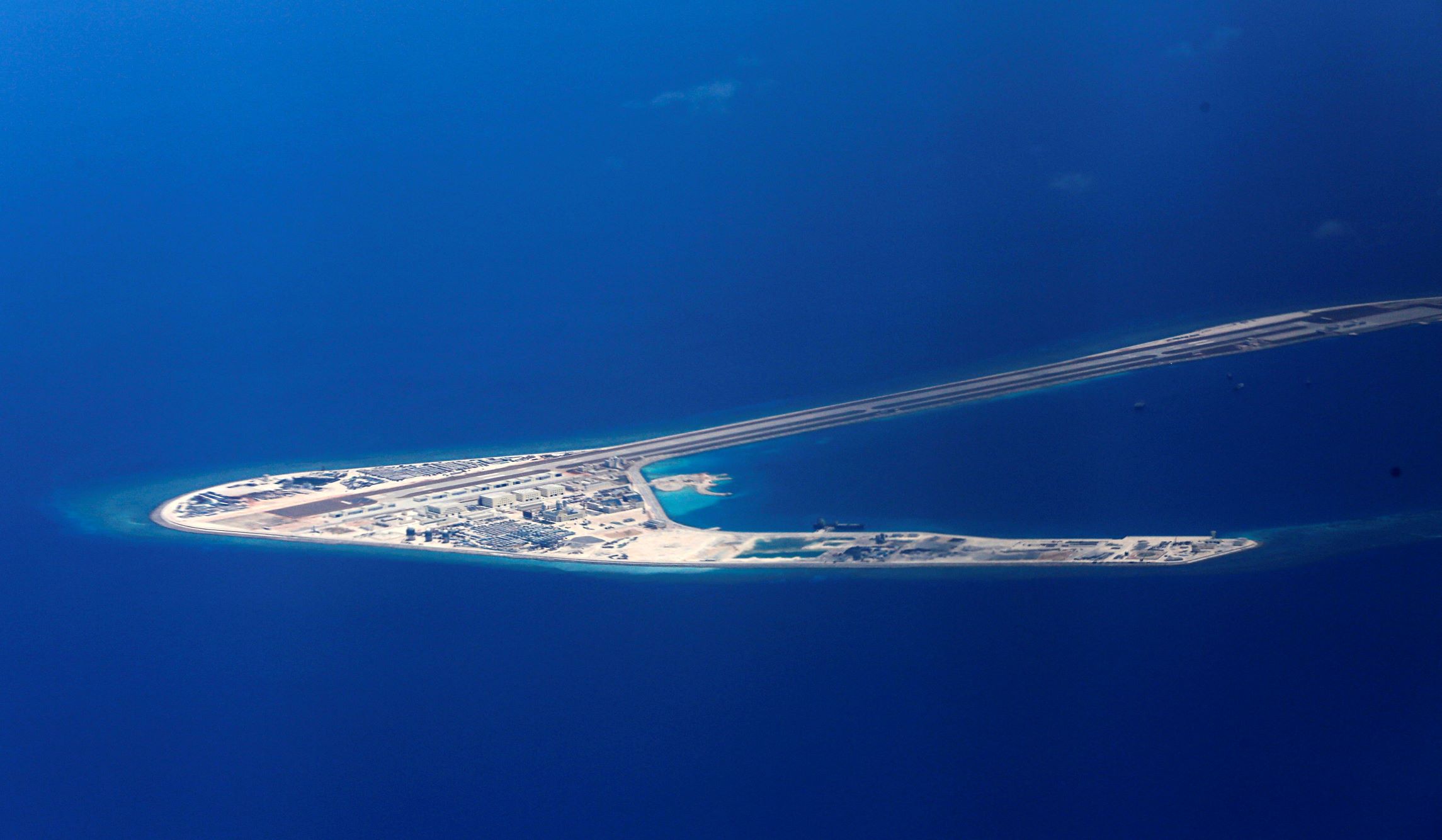President Biden ordered a Pentagon-led review of China strategy on Wednesday as his administration examines the military and national security threat posed by the Asian power.
It will feature 15 people tasked with examining America’s force posture in the region, as well as technology, intelligence, and the role of allies.
The reexamination follows four years of tension between Washington and Beijing over economic policy, including a bitter trade war under the Trump administration, and a growing concern about China’s increasing influence around the world.
“It will require a whole-of-government effort, bipartisan cooperation in Congress, and strong alliances and partnerships,” said Biden during his first visit to the Department of Defense. “That’s how we’ll meet the China challenge and ensure the American people win the competition of the future.”
The threat from China is one of the rare areas of agreement between Biden and his predecessor, former President Donald Trump.
In an interview broadcast on Sunday, Biden said China should expect “extreme competition” from the United States but that the relationship need not be based on conflict.
The Pentagon task force will be led by Ely Ratner, a longtime Biden aide and China specialist.
The department described the effort as a “sprint” and said it would aim to deliver its findings to Defense Secretary Lloyd Austin within four months.

The Biden administration, in office for just three weeks, already has repeatedly pushed back on Chinese territorial ambitions in the South China Sea and accused Beijing of trying to intimidate neighbors.
This week, two American carrier groups conducted joint exercises in the South China Sea, igniting Chinese accusations that Washington is threatening stability.
In a sign of the tension, Biden has yet to speak with his Chinese counterpart, Xi Jinping. He has instead first talked to regional allies such as the leaders of Japan, India, and South Korea.
How the review unfolds may give an insight into Biden plans to use American firepower around the world.
He assumed the presidency with a reputation as a cautious, dovish vice president under former President Barack Obama. And in a visit to the State Department last week, he emphasized the importance of putting diplomatic muscle ahead of military might, a theme he revisited in his brief address at the Pentagon.
“The central indispensable mission of the Department of Defense is that is to deter aggression from our enemies and, if required, to fight and win wars to keep America safe,” he said. “But I believe force should be a tool of last resort, not first. I understand the full weight of what it means to ask young, proud Americans to stand in the breach.”
Earlier, Biden announced he was imposing sanctions on those responsible for the military coup in Myanmar and repeated demands for the generals to give up power and free civilian leaders.
“The military must relinquish power it seized and demonstrate respect for the will of the people of Burma as expressed in their Nov. 8 election,” he said in an address at the White House.
